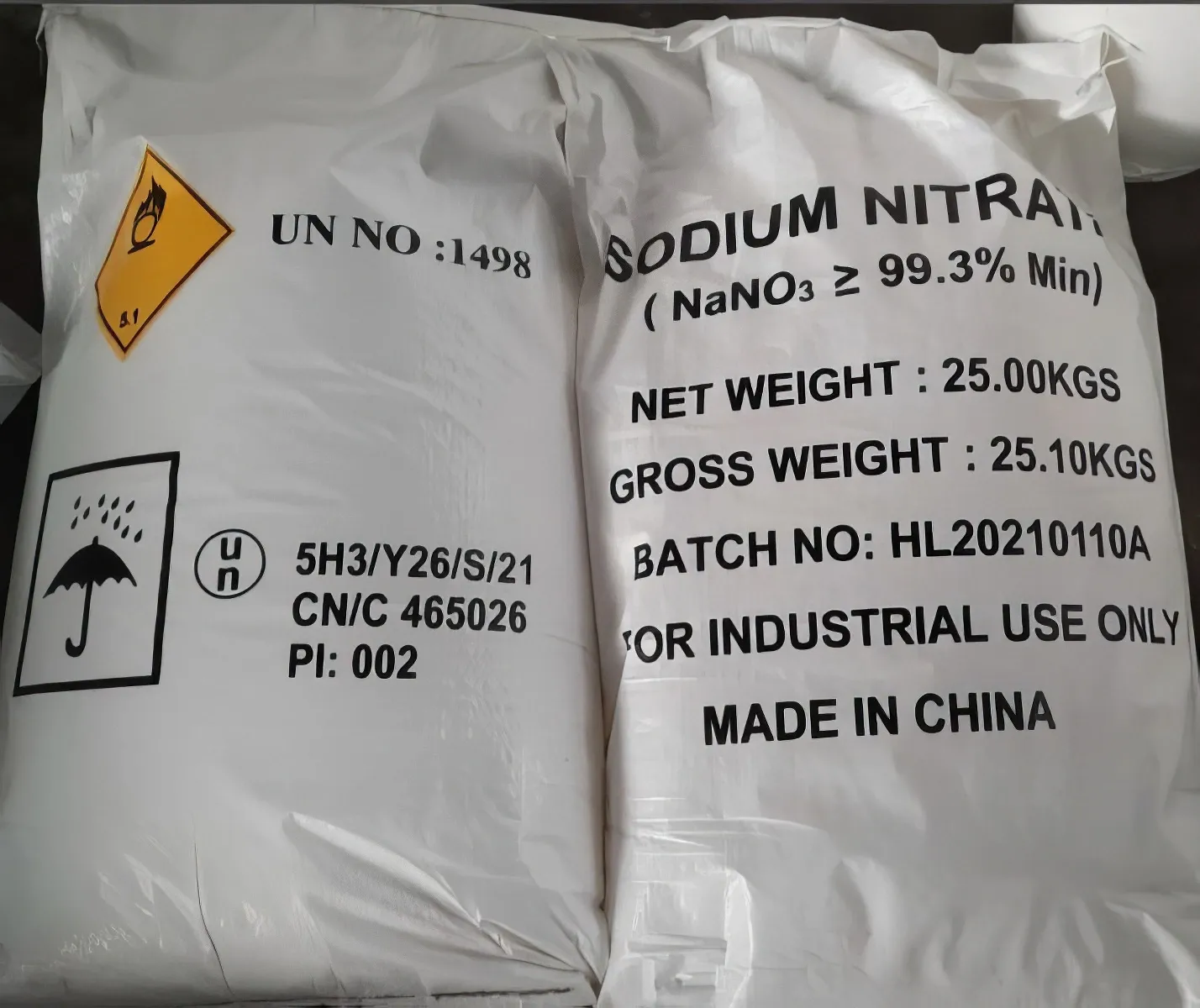



caustic soda uses in industry
Caustic Soda Uses in Industry
Caustic soda, also known as sodium hydroxide (NaOH), is a highly versatile and essential chemical in various industries. Its strong alkaline properties make it a crucial component in multiple industrial processes, ranging from the production of soap to the treatment of water. Understanding the diverse applications of caustic soda provides insight into its importance in the global economy.
One of the primary uses of caustic soda is in the production of paper and pulp. In this industry, sodium hydroxide is employed to break down lignin, a complex organic polymer found in wood. The process, known as pulping, separates cellulose fibers from lignin, enabling the production of high-quality paper products. This application is particularly significant, as the paper industry relies on caustic soda to enhance the efficiency of its manufacturing processes and improve the quality of its final products.
Caustic Soda Uses in Industry
The chemical manufacturing sector also heavily relies on caustic soda, as it is used in the production of various chemicals, such as chlorine, bleach, and soaps. Through the electrolytic process, sodium hydroxide is combined with saltwater to produce chlorine gas and hydrogen. This method is integral to the production of a wide range of essential chemicals. Moreover, caustic soda is a key ingredient in the formulation of cleaning agents and detergents, where its strong alkalinity helps to remove grease, dirt, and stains effectively.
caustic soda uses in industry

In the food industry, caustic soda has numerous applications, primarily in food processing and preparation. It is used in the production of food additives, such as sodium bicarbonate, and as a pH regulator in various food products. Additionally, caustic soda can be found in the process of curing olives and as a cleaning agent for food processing equipment. Its ability to sanitize surfaces and eliminate unwanted bacteria ensures safety and quality in food production.
Water treatment is another critical application of caustic soda. The chemical is employed to adjust the pH of water, making it less acidic and more suitable for consumption and industrial use. By raising the pH, caustic soda helps to minimize corrosion in pipes and tanks, thereby protecting infrastructure and enhancing the efficiency of water treatment processes. Moreover, it is used to precipitate heavy metals from wastewater, facilitating more effective treatment and cleaner discharge into the environment.
The pharmaceutical industry also benefits from caustic soda, as it is used in the synthesis of various pharmaceutical compounds. Its strong alkalinity allows for efficient chemical reactions, which are critical in drug formulation and production. Furthermore, sodium hydroxide is utilized in the preparation of buffers and other reagents, which are necessary for research and development in pharmaceutical laboratories.
In conclusion, caustic soda is an indispensable commodity in various industrial sectors. Its role in paper production, textile processing, chemical manufacturing, food industry applications, water treatment, and pharmaceuticals highlights its versatility and significance. As industries continue to evolve and seek more efficient and sustainable practices, the demand for caustic soda is expected to remain strong, reinforcing its position as a cornerstone of modern industrial chemistry.
-
Why Sodium Persulfate Is Everywhere NowNewsJul.07,2025
-
Why Polyacrylamide Is in High DemandNewsJul.07,2025
-
Understanding Paint Chemicals and Their ApplicationsNewsJul.07,2025
-
Smart Use Of Mining ChemicalsNewsJul.07,2025
-
Practical Uses of Potassium MonopersulfateNewsJul.07,2025
-
Agrochemicals In Real FarmingNewsJul.07,2025
-
Sodium Chlorite Hot UsesNewsJul.01,2025










